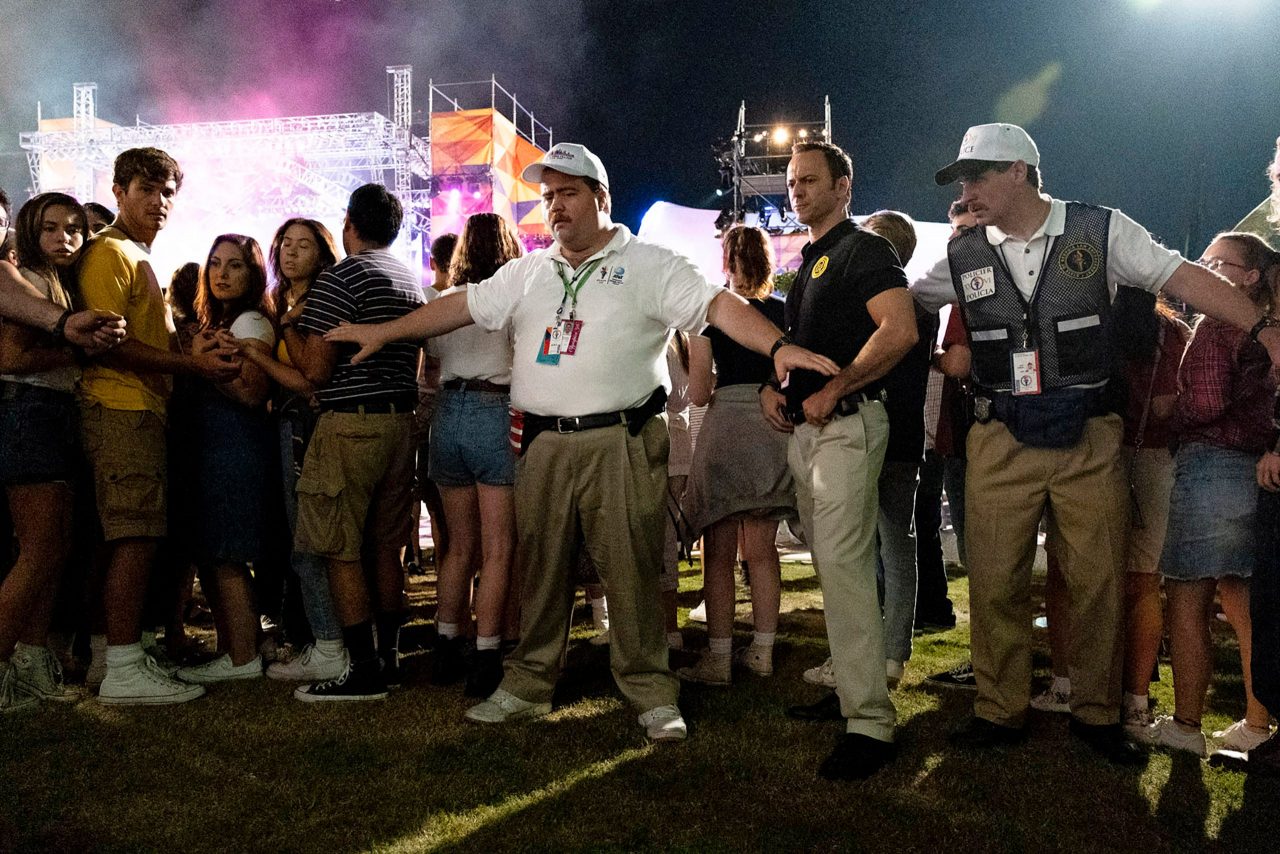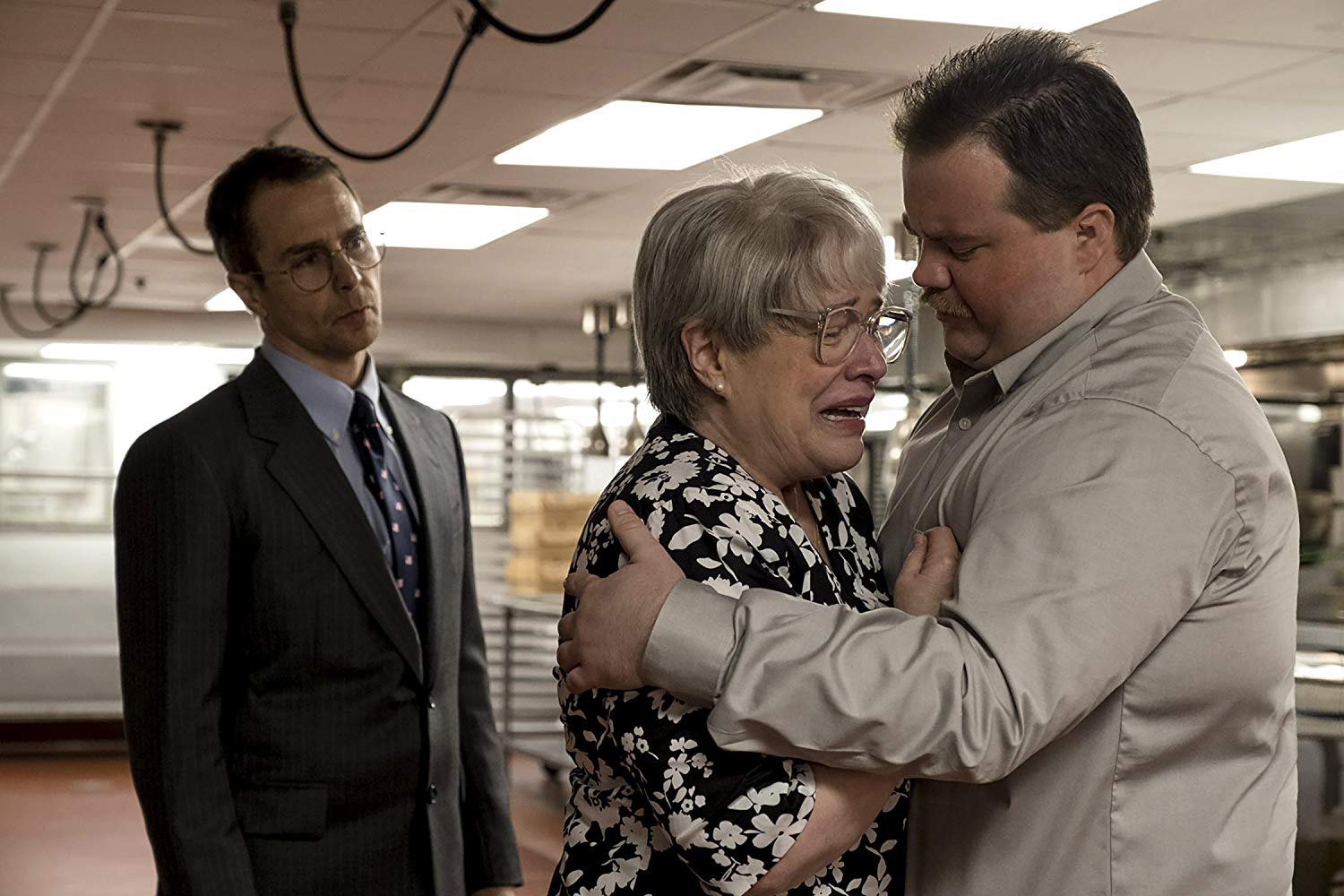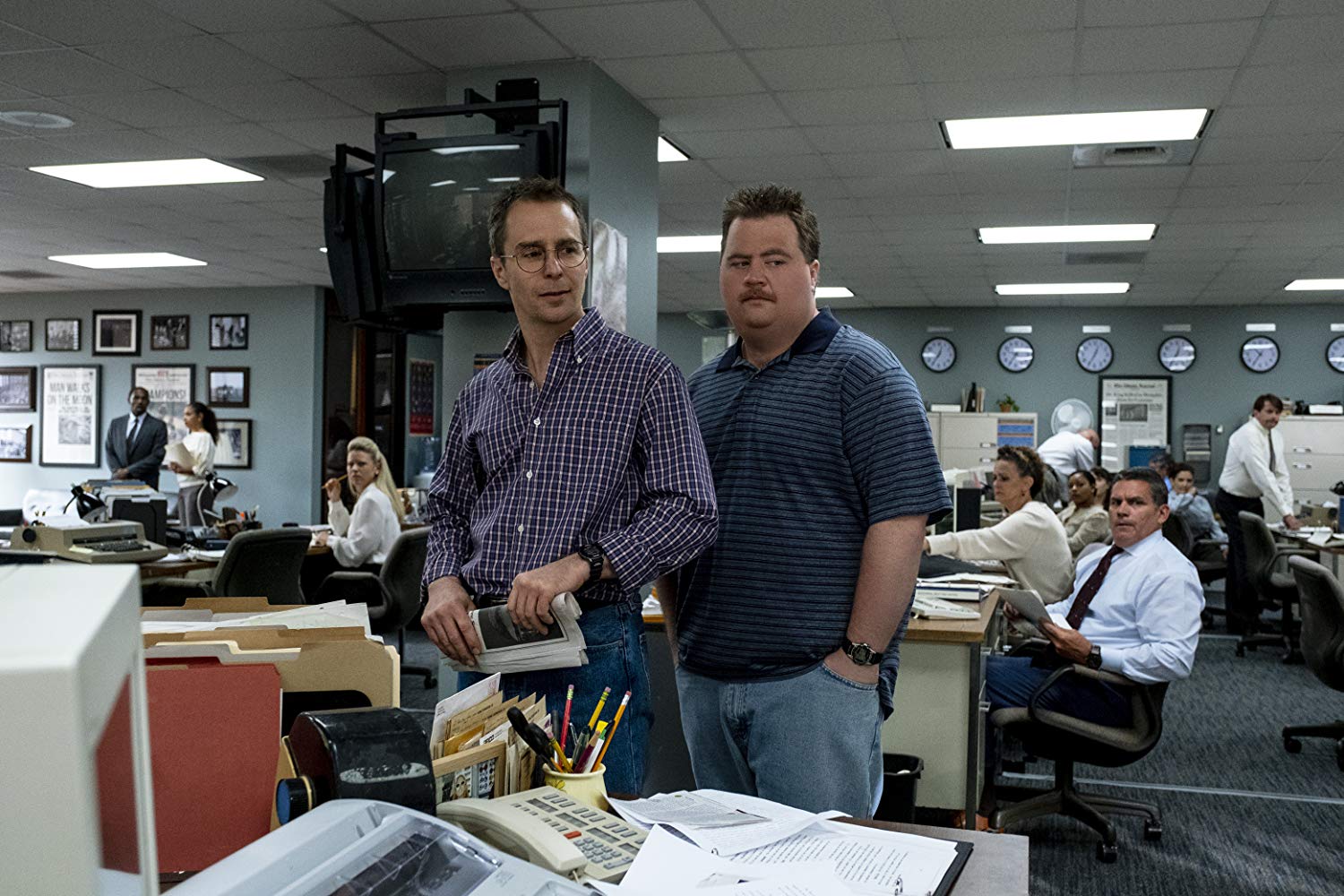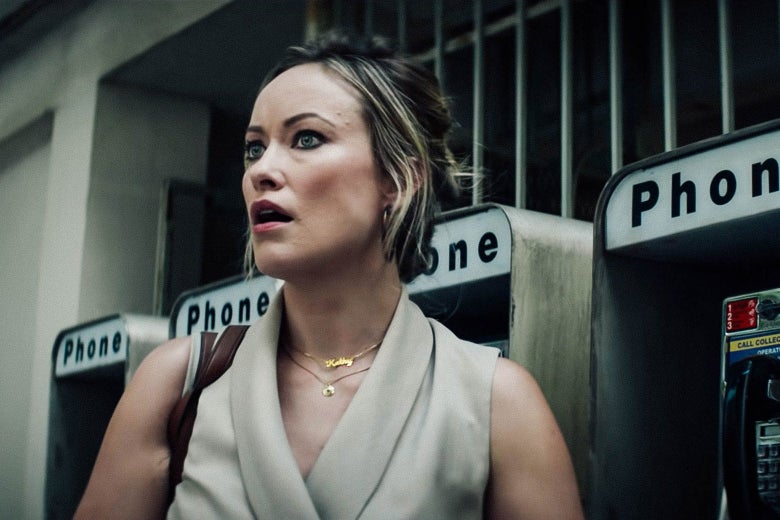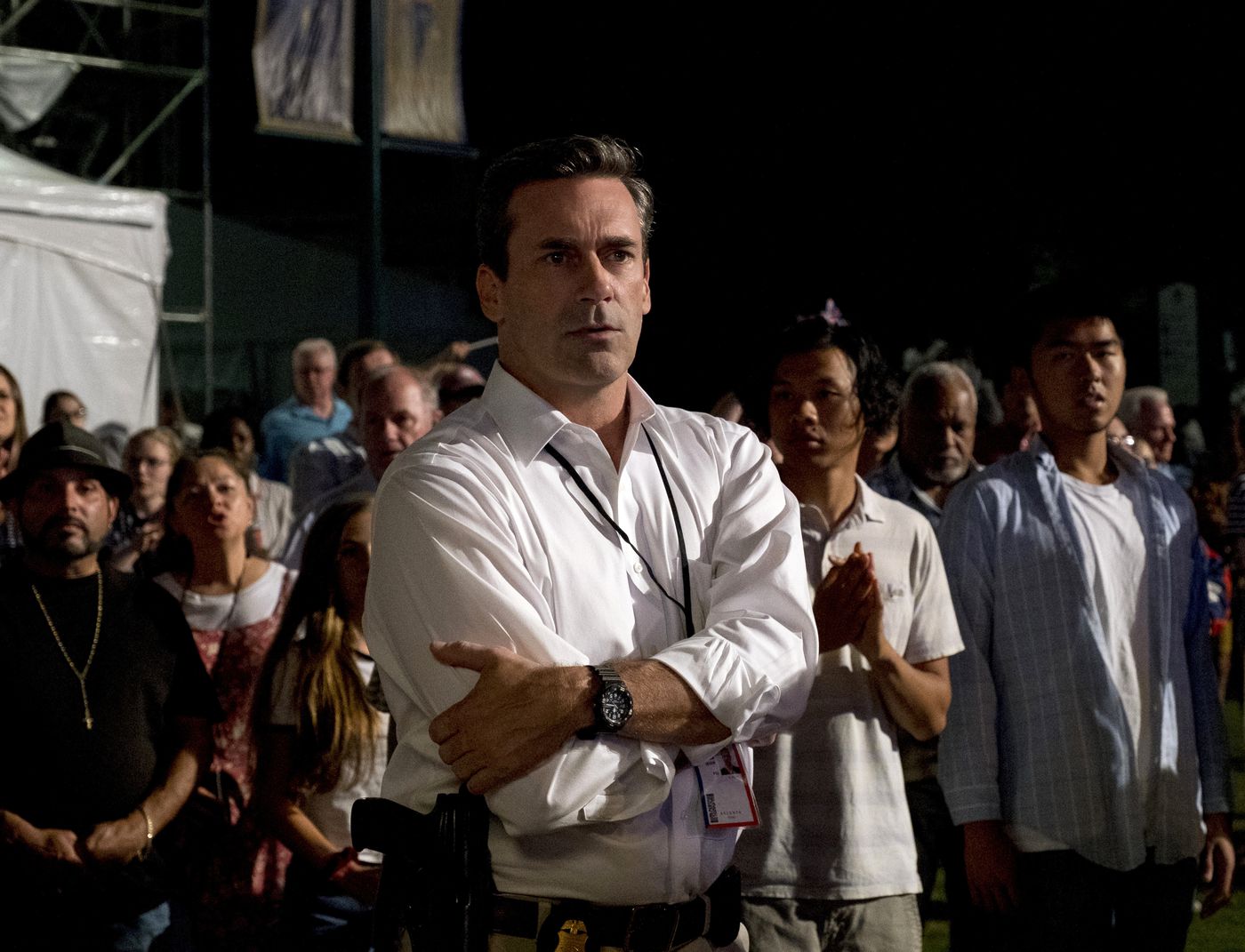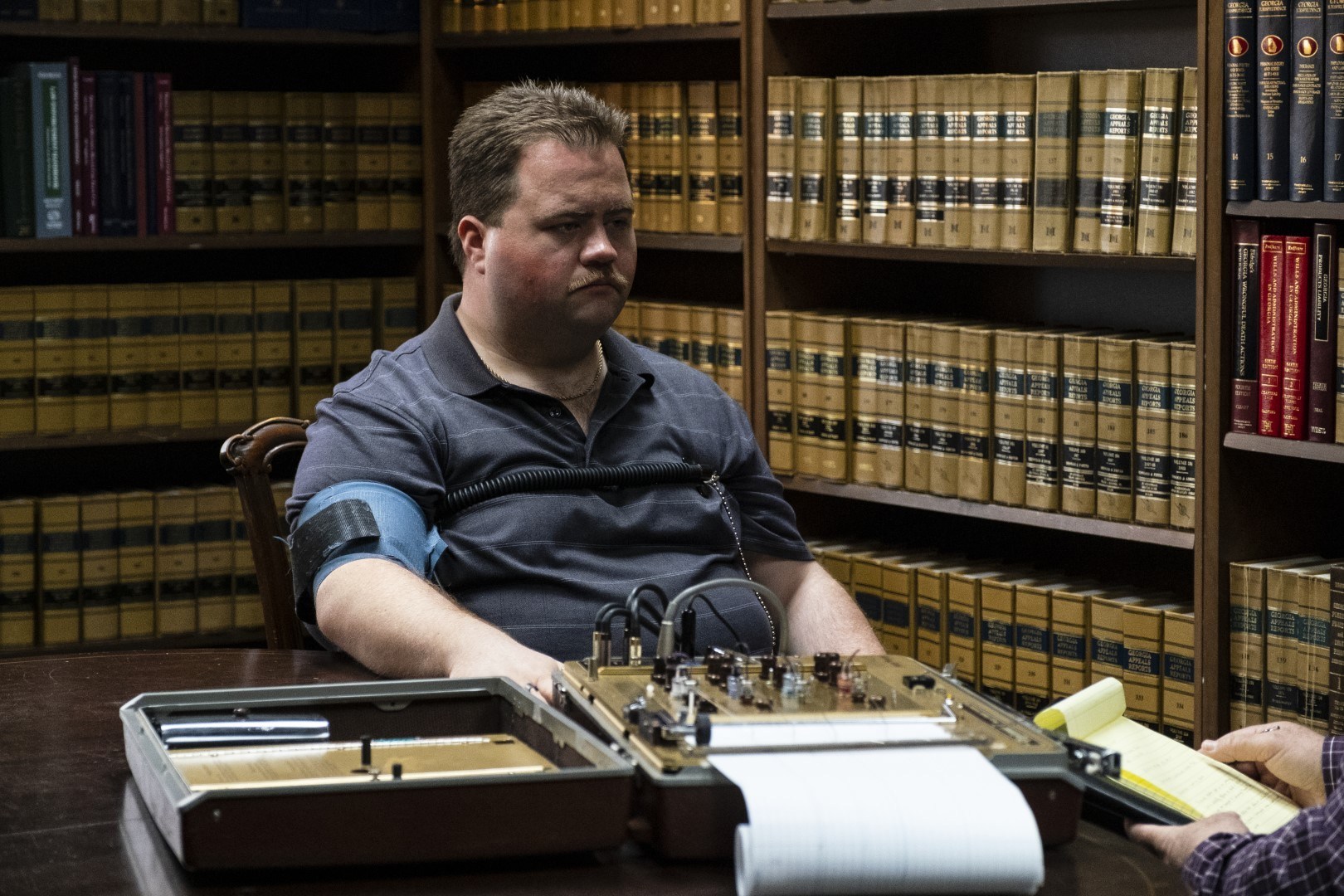Director: Alex Garland
Cast: Kirsten Dunst, Wagner Moura, Cailee Spaeny, Stephen McKinley Henderson, Nick Offerman
Genre: Action/Drama
|Run Time: 109 min
Opens: 10 April 2024
Rating: NC16

It is a presidential election year in the United States and so political tensions are high, but really, when aren’t they? It’s either the best or the worst time for a movie about a second American Civil War to come into existence, and that’s what writer-director Alex Garland has given us.
It is the near future. The President of the United States (Nick Offerman) is into his third term, having disbanded the FBI and authorised airstrikes against American citizens within the country. The Western Forces, led by Texas and California, have seceded from the United States and a civil war is in progress. Lee (Kirsten Dunst), a prolific war photojournalist, is travelling from New York to the frontlines in Washington, D.C. She is accompanied by journalists Joel (Wagner Moura) and Sammy (Stephen McKinley Henderson), who mentored both Lee and Joel. Jessie (Cailee Spaeny), a young aspiring photojournalist who looks up to Lee, insists on tagging along. The group will encounter various threats along the way as they get closer to the heart of the conflict.
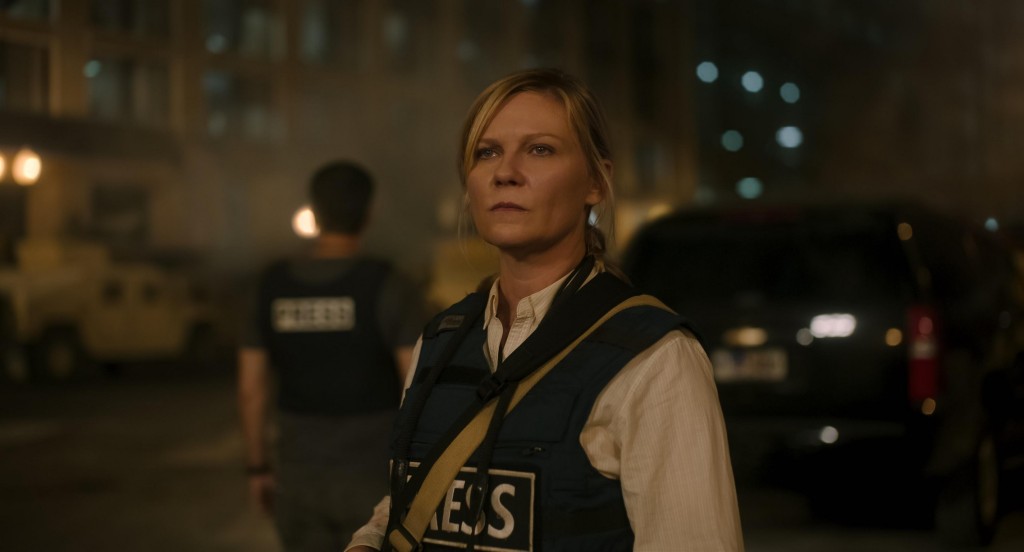
Alex Garland, who has directed Ex Machina, Annihilation and Men, has proven that he’s good at establishing an atmosphere. Civil War is absolutely crawling with dread. This is an intensely visceral, haunting movie that efficiently establishes a terrifying reality without spending too long setting things up and explaining things. The cinematography by Rob Hardy emphasises both the uneasy desolation of empty roads and smoking buildings and the frenetic violence of the gunfights. Civil War constructs a state of unease that never lets up. There are set pieces that the audience can’t really enjoy in the same way that they might enjoy a similar sequence in a typical action movie because this isn’t meant to be mindless fun, and that tension is something Garland handles deftly. It’s an introspective movie that is fundamentally about the ethics of war journalism and the basic question of what we should or shouldn’t do in the face of violent conflict. The movie also addresses the idea of trying to pretend it all isn’t happening.

Civil War is a movie about a war, something inherently political, that deliberately holds the politics at arm’s length. Understandably, Garland doesn’t want to make a big show of support for either side and risk alienating his audience, in an environment where it seems like many people are actively looking for reasons to feel alienated. “We don’t need it explained. We know exactly why it might happen. We know exactly what the fault lines and pressures are,” Garland said at the movie’s premiere screening at South by Southwest in Austin, Texas. We know that an alliance between Texas and California is unlikely, and so this feels like Garland trying to deliberately separate Civil War from present-day political reality. But then there is a tension between the movie being a cautionary tale and it being something more speculative and science fiction adjacent. We can’t say for sure if the movie is better or worse if it goes into more detail about the war and the belligerents, but there are times when it feels like the movie wants to be challenging but also to take the easy way out at the same time.
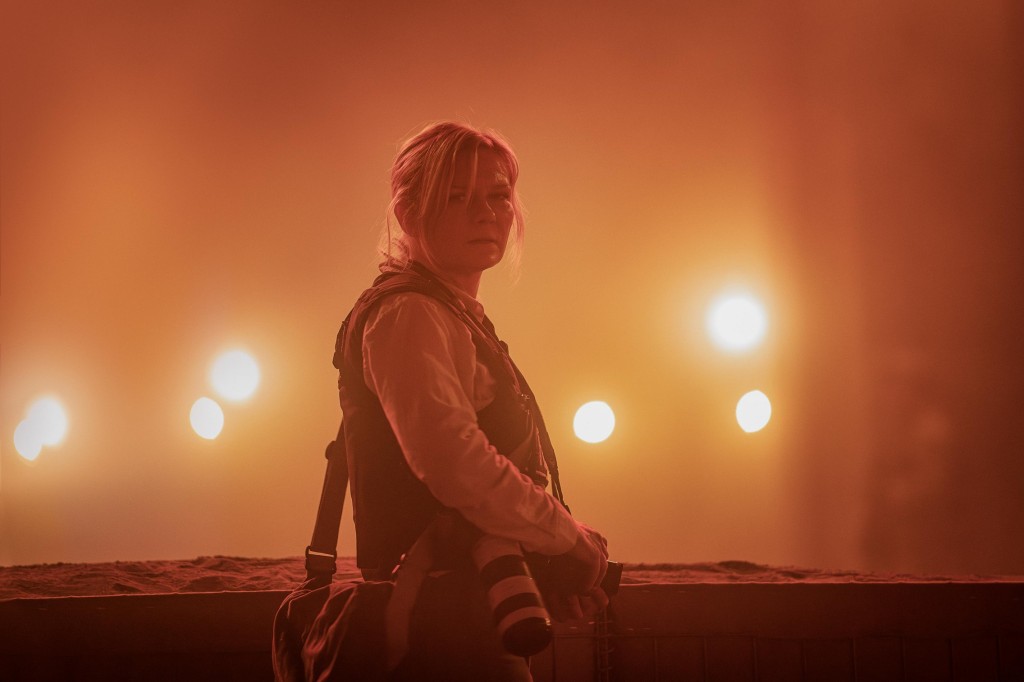
Civil War’s biggest strength is Kirsten Dunst. Her turn as a war photojournalist is wholly compelling and she conveys the character’s numbness, her practiced inoculation to trauma, with just a look.
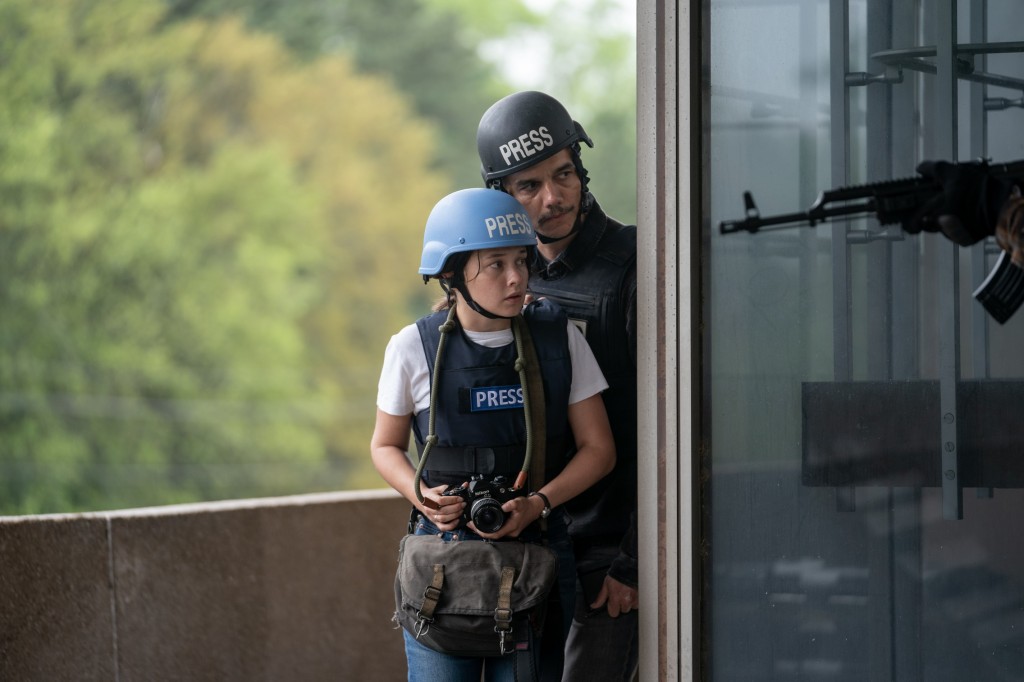
Civil War falls back on archetypes, with Moura as the gung-ho character living for the excitement of it all, McKinley Henderson as the kindly mentor figure and Spaney as the young idealistic newcomer who’s about to have their worldview shattered. However, the writing and the performances ensure that these characters are more than just archetypes. We want to follow these characters and see them make it out even if we don’t agree with them all the time. Look out for Jesse Plemons, Dunst’s real-life husband, who makes quite the impact in a terrifying one-scene appearance.

Summary: Civil War is an effectively visceral, unsettling movie that paints a convincing portrait of a near-future America torn apart by war. As a photojournalist who has been numbed by her experiences in various warzones around the world, Kirsten Dunst is believably haunted and distant. Wagner Moura, Cailee Spaeny and Stephen McKinley Henderson round out the main cast, playing archetypical characters who also feel fully formed. Writer-director Alex Garland isn’t too focused on the surrounding politics and doesn’t give the viewer a whole lot of information about the specifics of the conflict, which can sometimes be frustrating but also means the focus is placed on the characters and their immediate experiences.
RATING: 4 out of 5 Stars
Jedd Jong
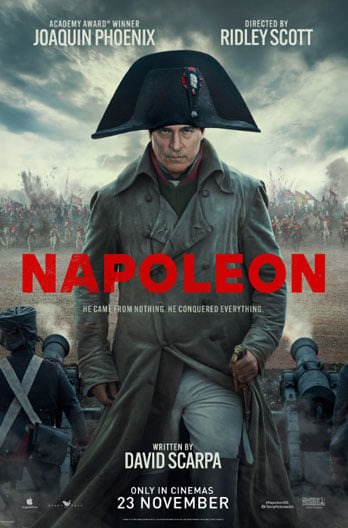

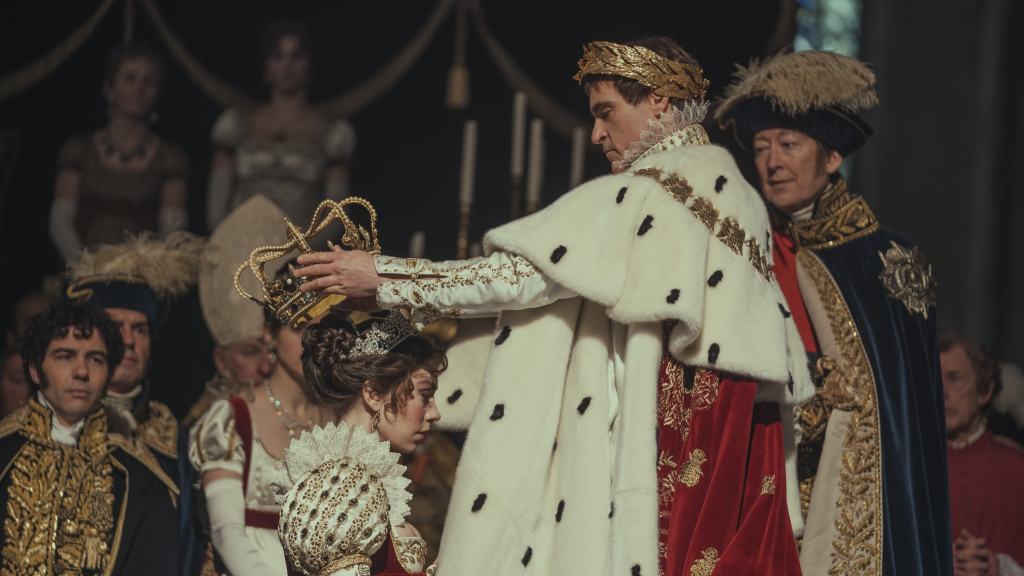
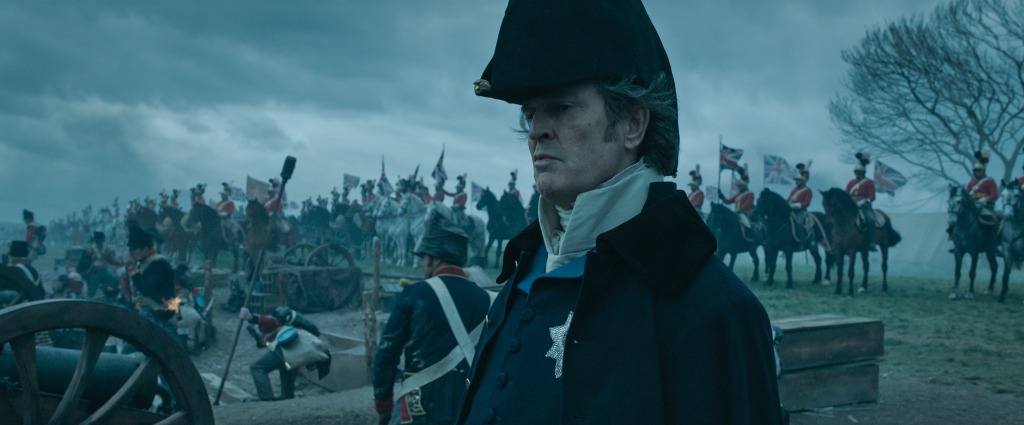
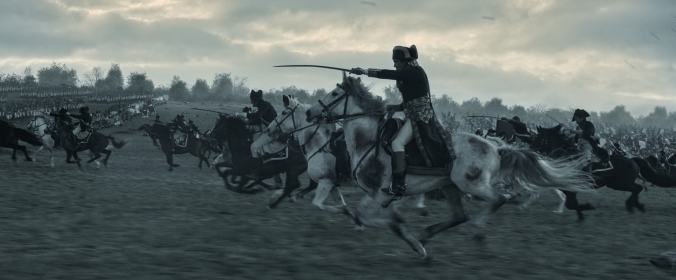
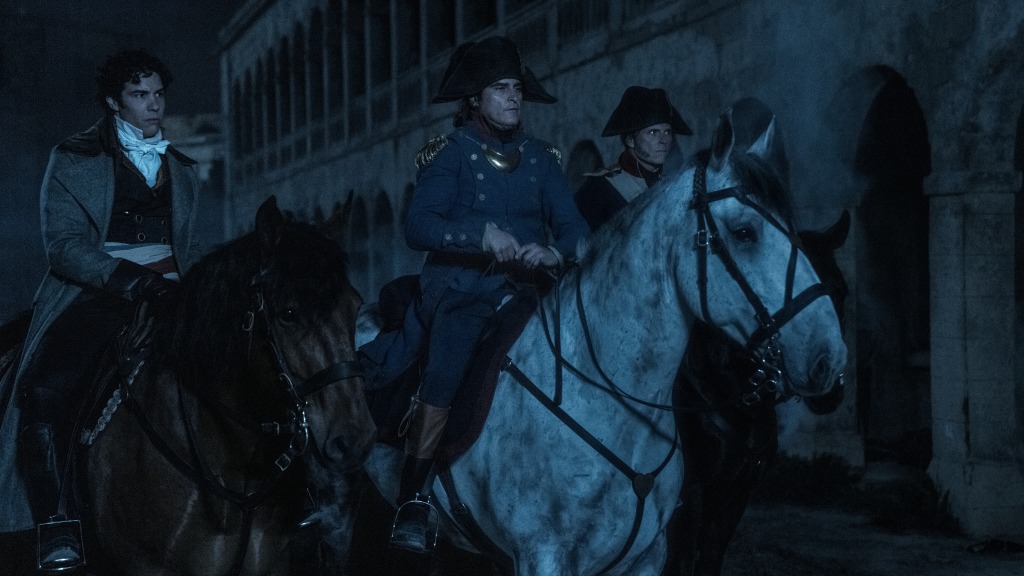
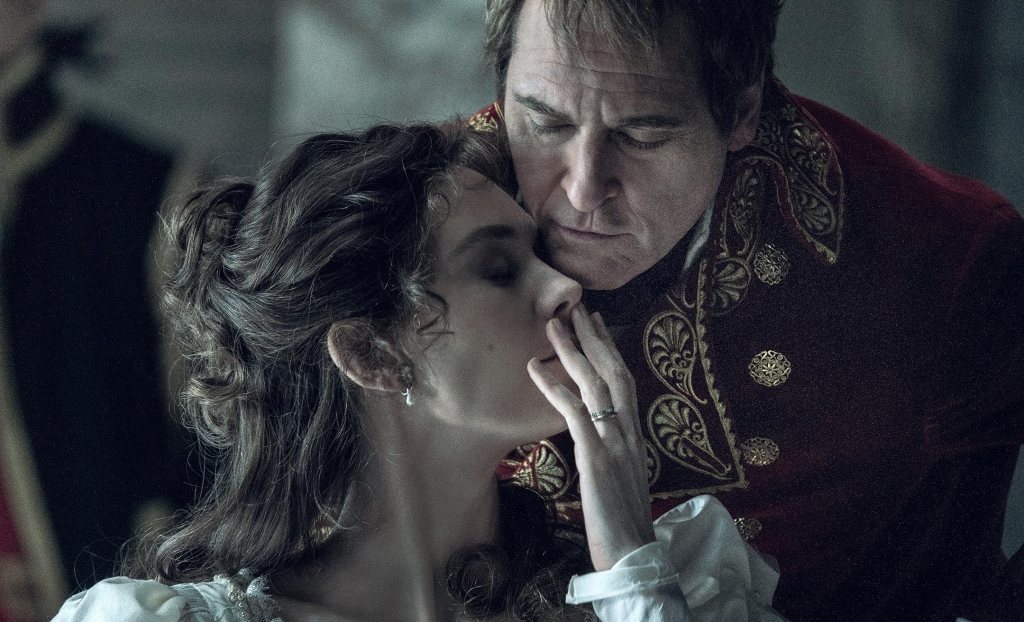



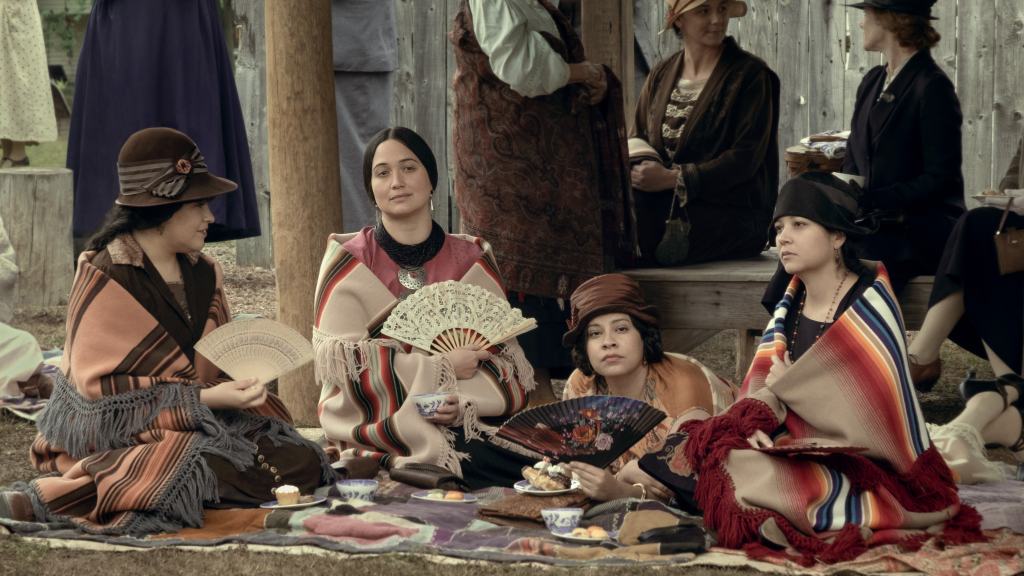


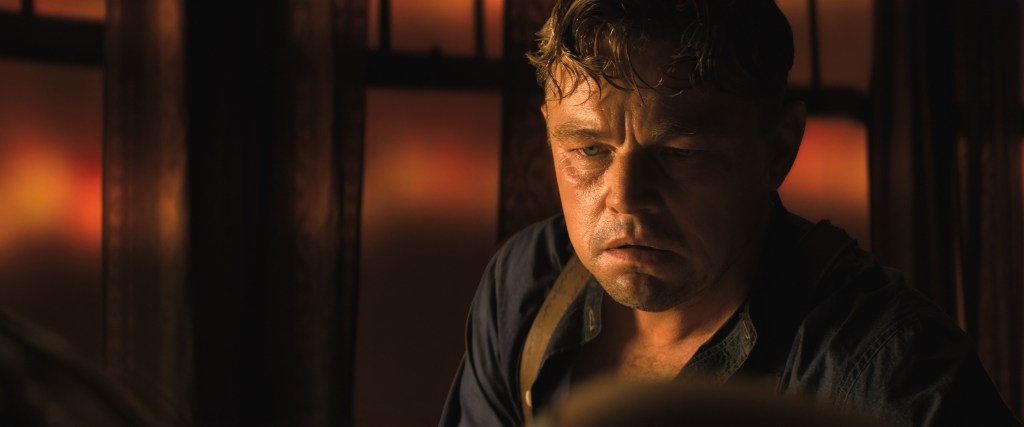
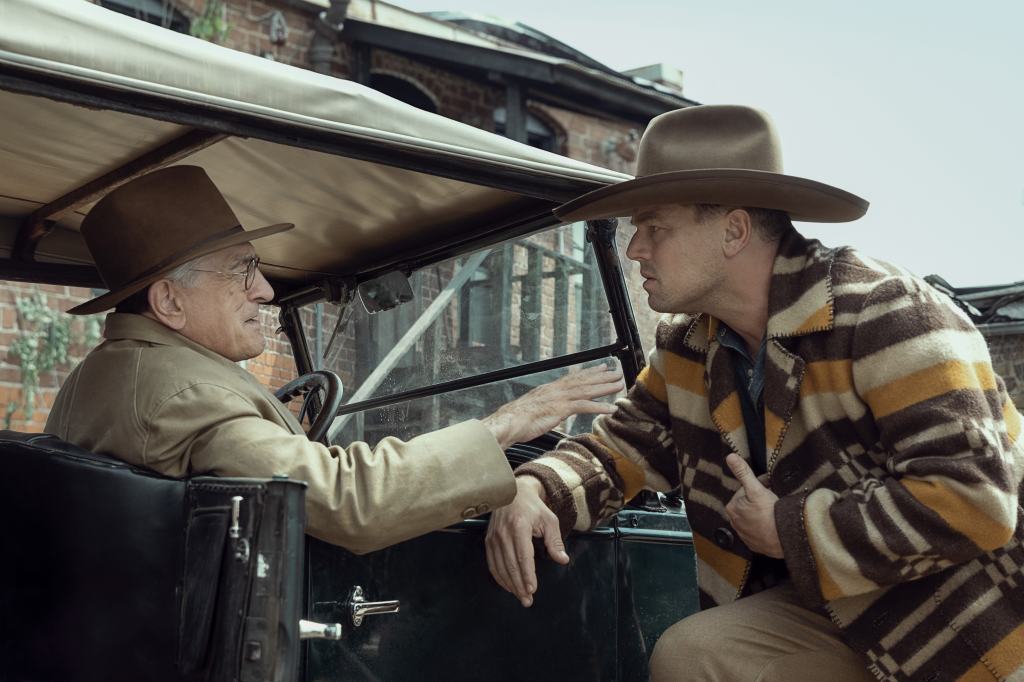
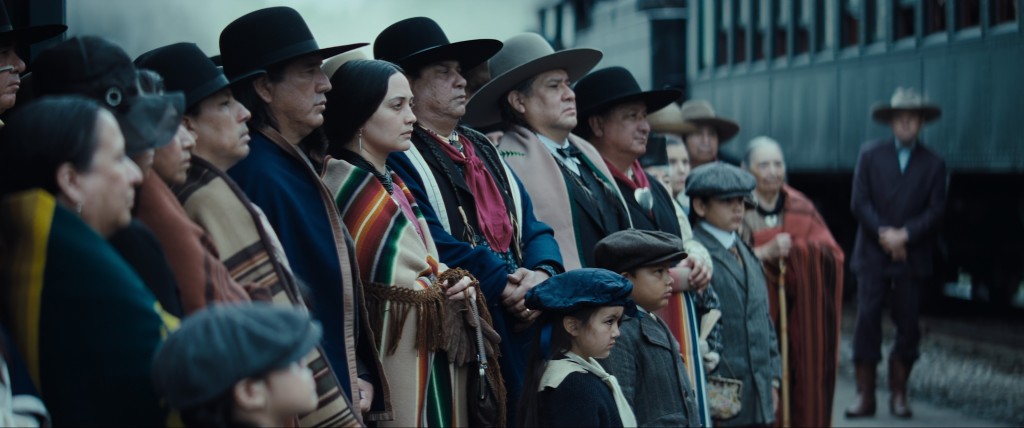
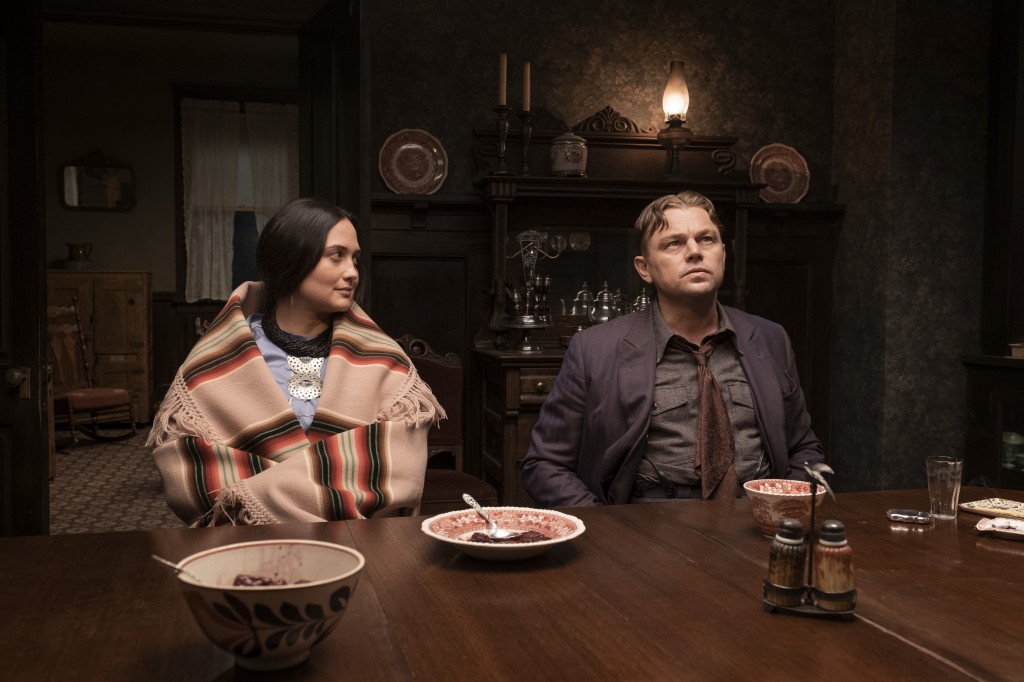
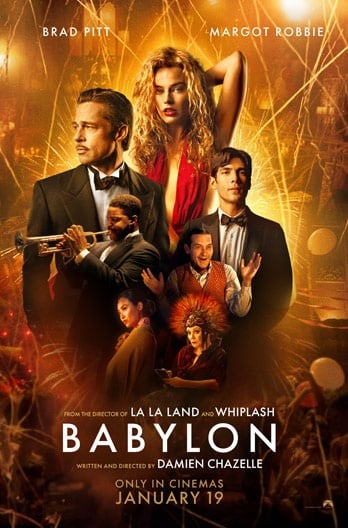
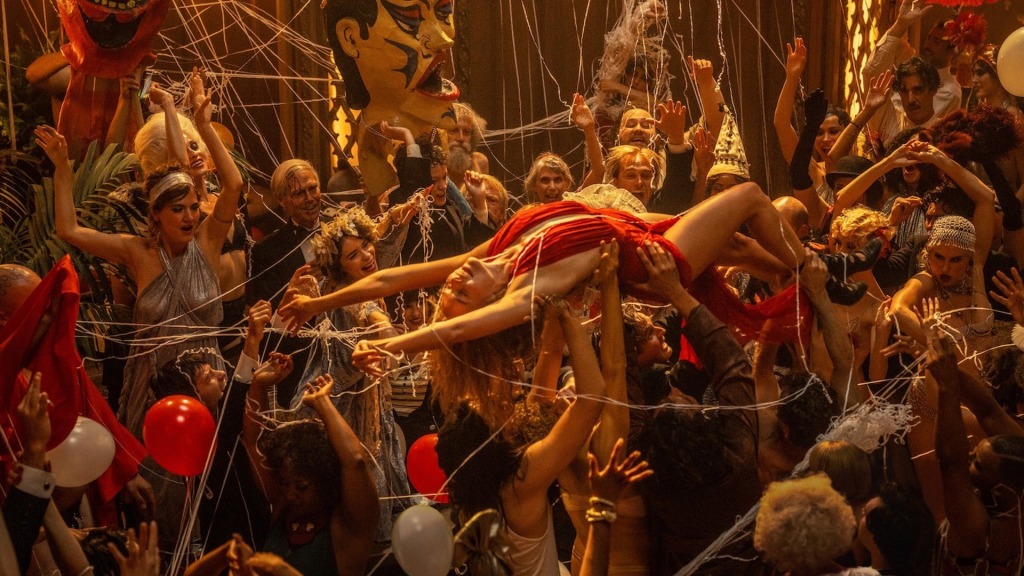


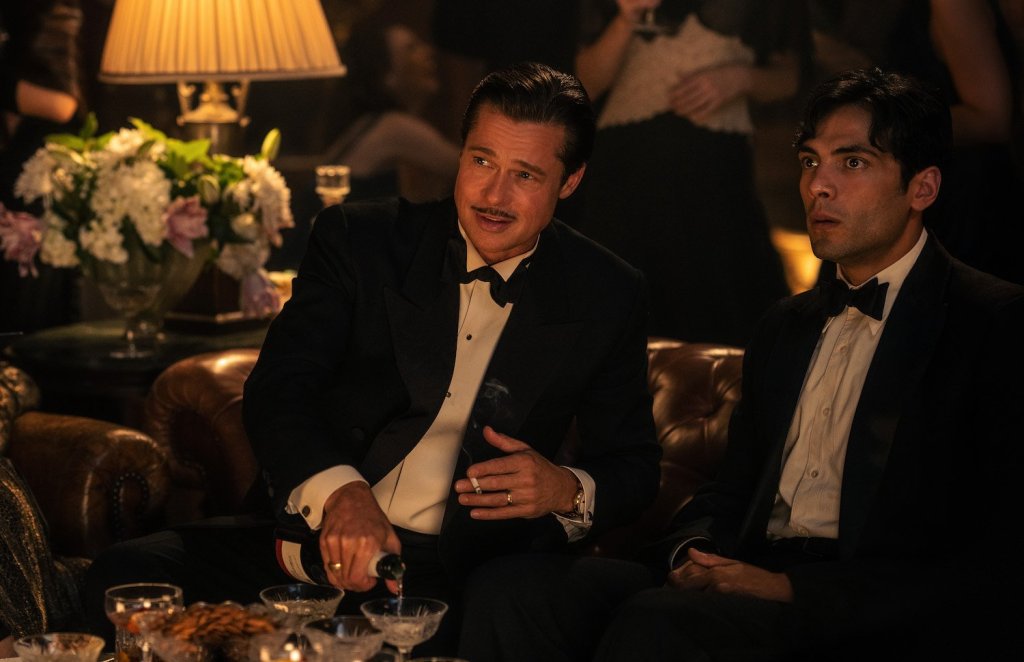
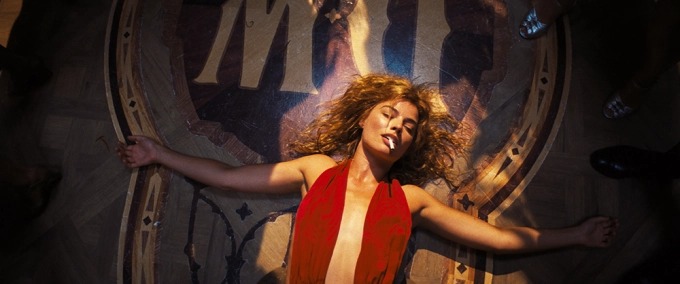

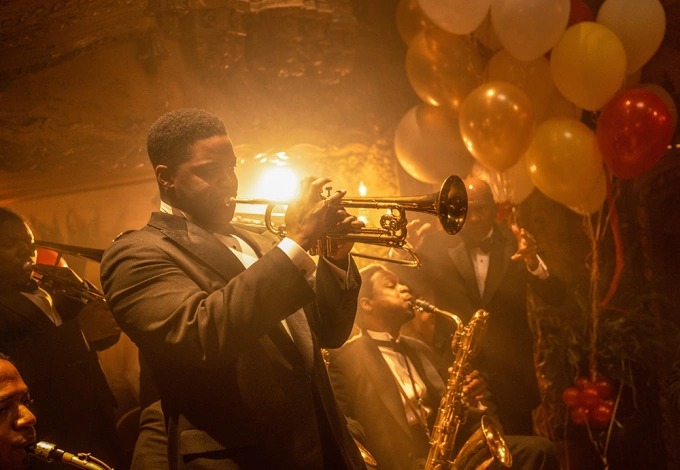
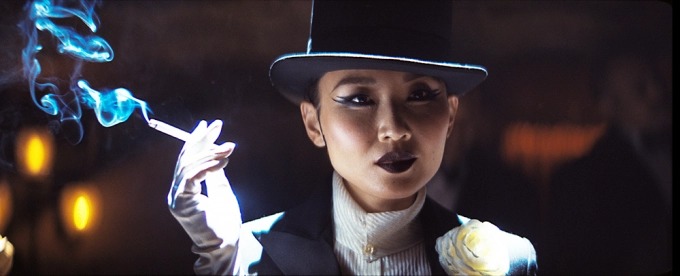
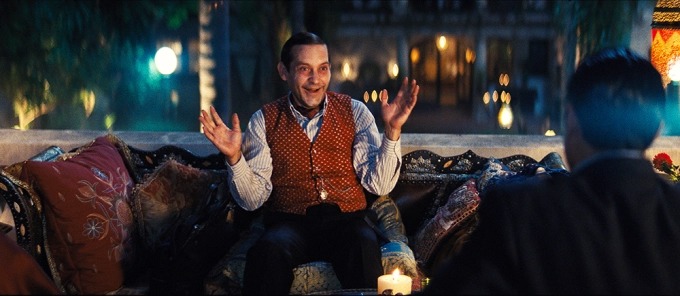
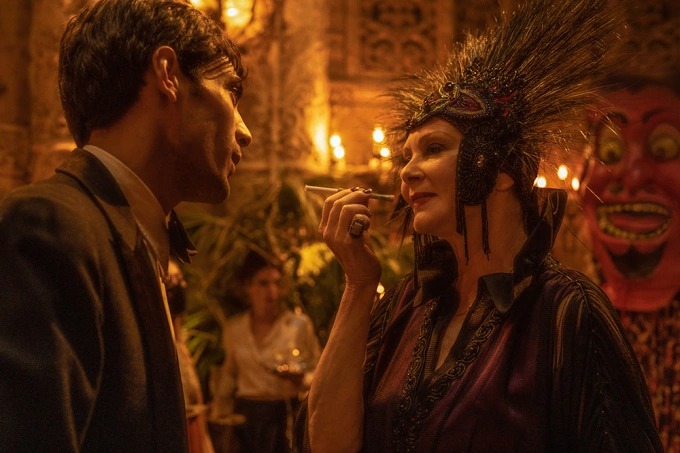
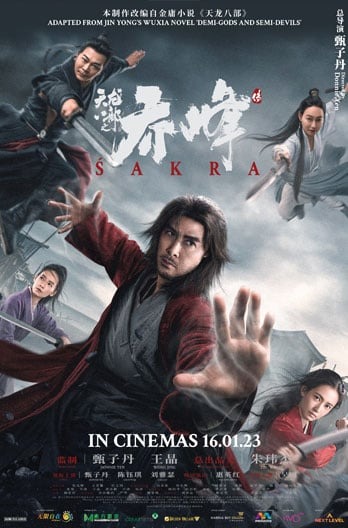




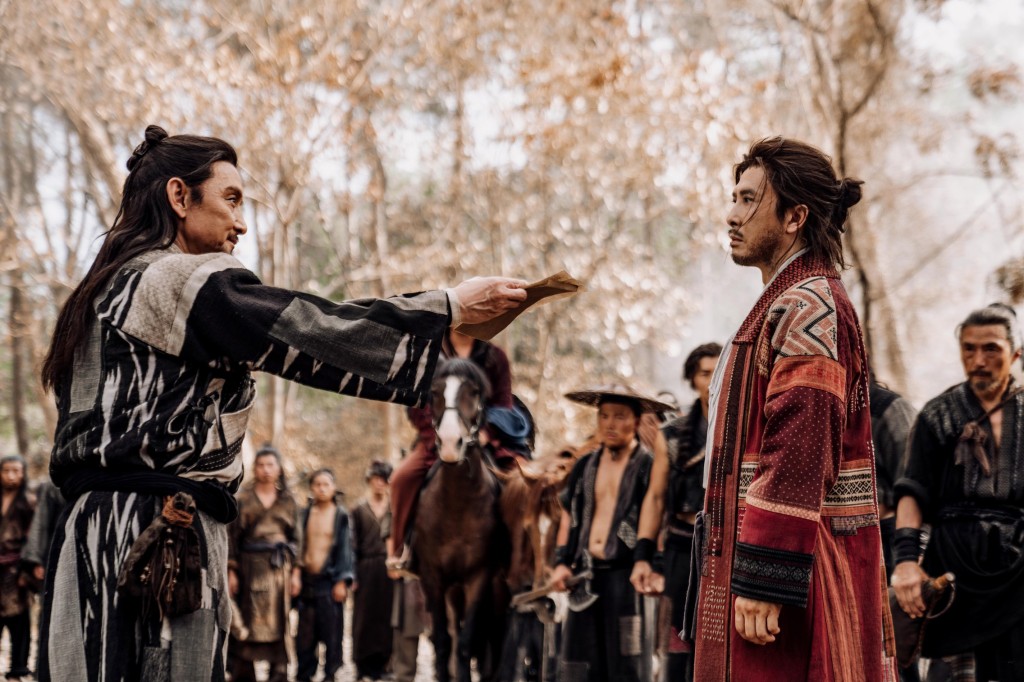
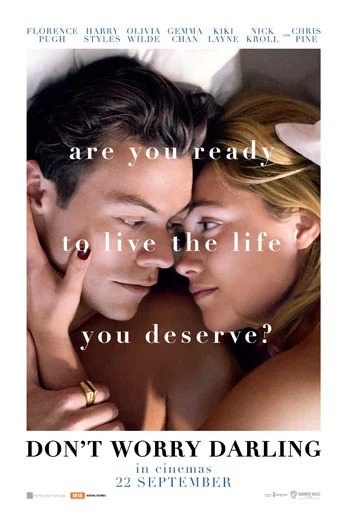



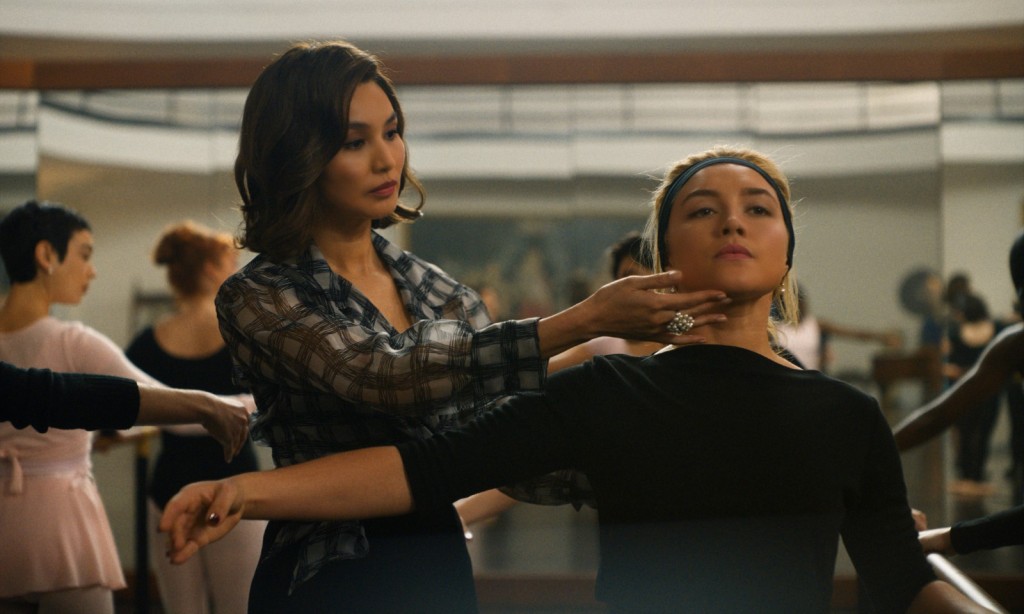



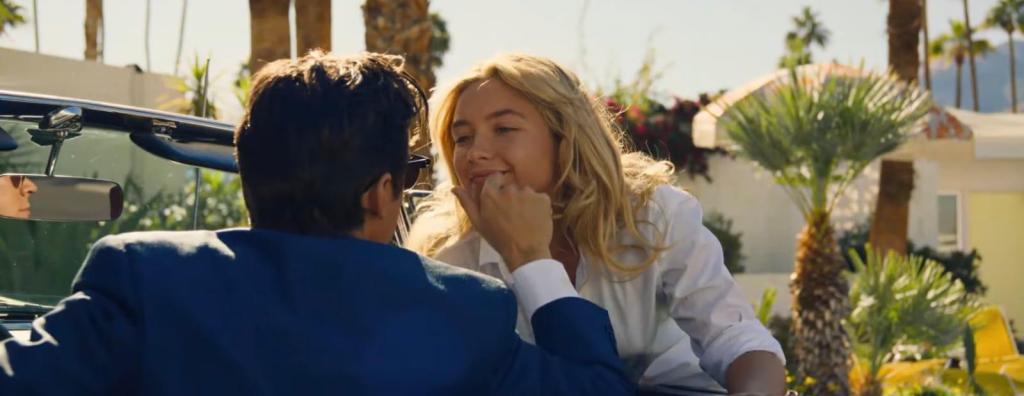







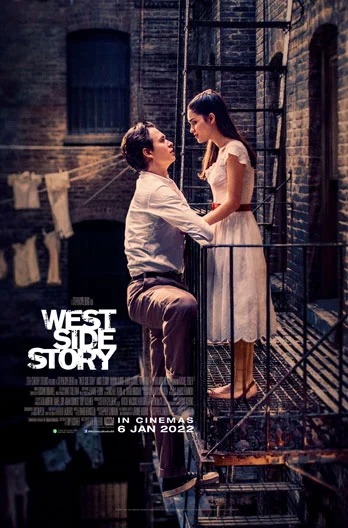
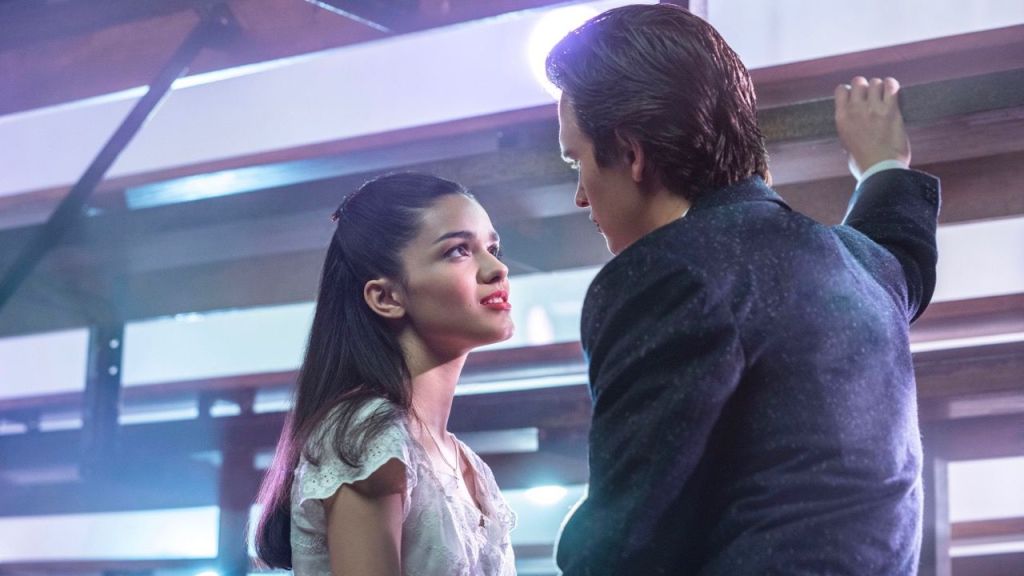


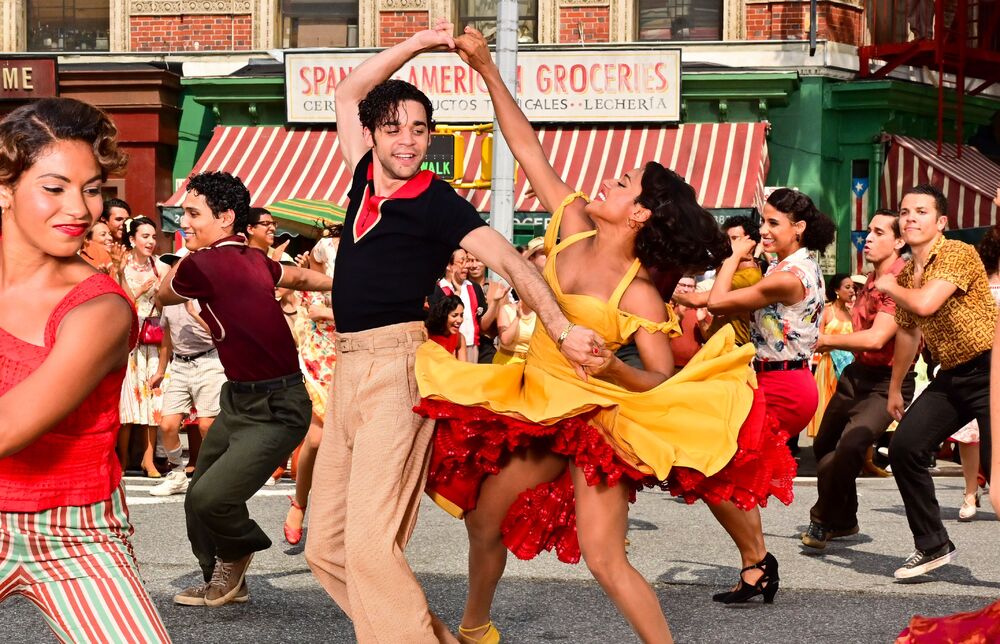

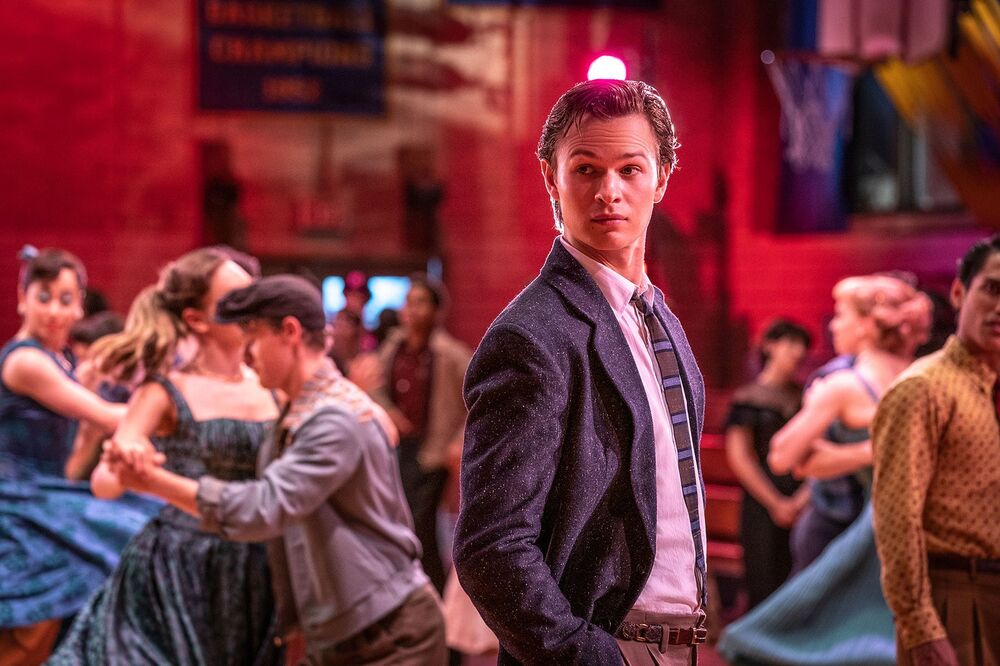
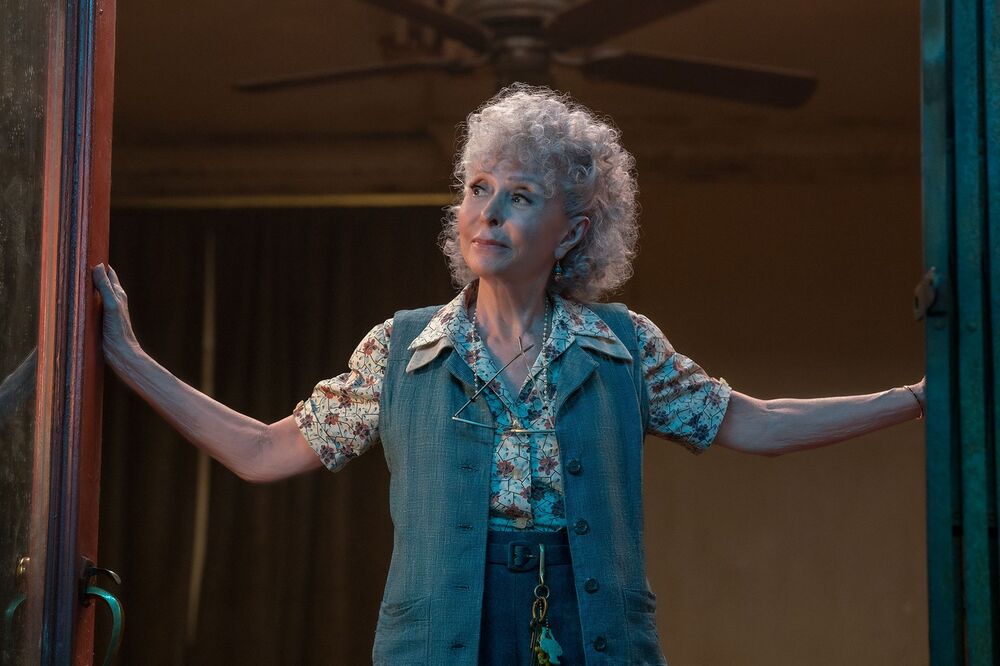
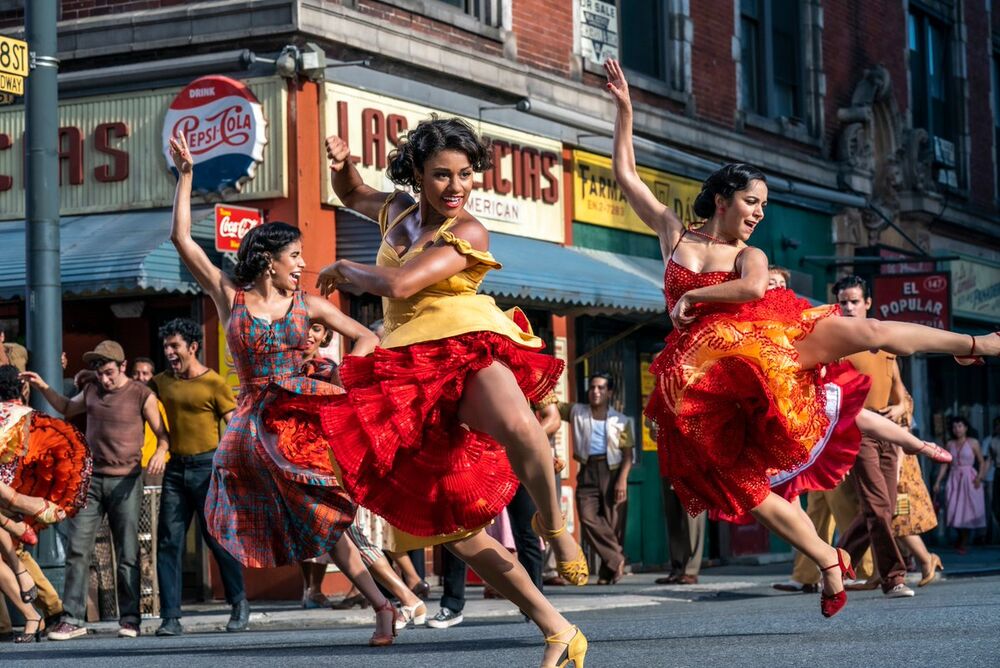

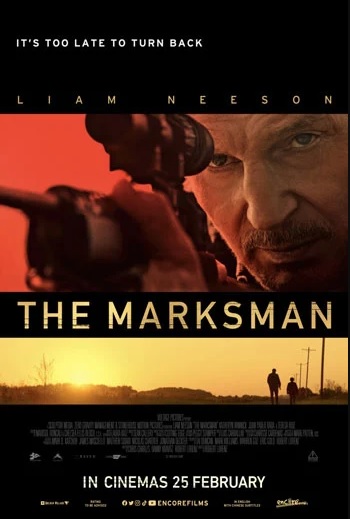

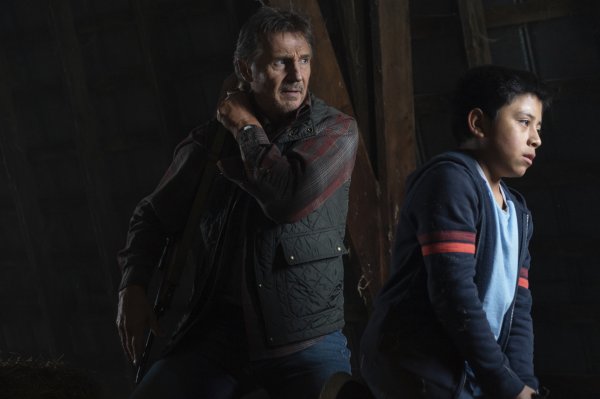




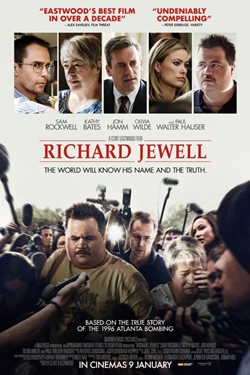 From director Clint Eastwood and writer Billy Ray comes a biopic about Richard Jewell, the man who called in a bomb threat and was vilified as a suspect. The film is based on the 1997 Vanity Fair article American Nightmare: The Ballad of Richard Jewell by Marie Brenner, and the 2019 book The Suspect: An Olympic Bombing, the FBI, the Media, and Richard Jewell, the Man Caught in the Middle by Kent Alexander and Kevin Salwen.
From director Clint Eastwood and writer Billy Ray comes a biopic about Richard Jewell, the man who called in a bomb threat and was vilified as a suspect. The film is based on the 1997 Vanity Fair article American Nightmare: The Ballad of Richard Jewell by Marie Brenner, and the 2019 book The Suspect: An Olympic Bombing, the FBI, the Media, and Richard Jewell, the Man Caught in the Middle by Kent Alexander and Kevin Salwen.